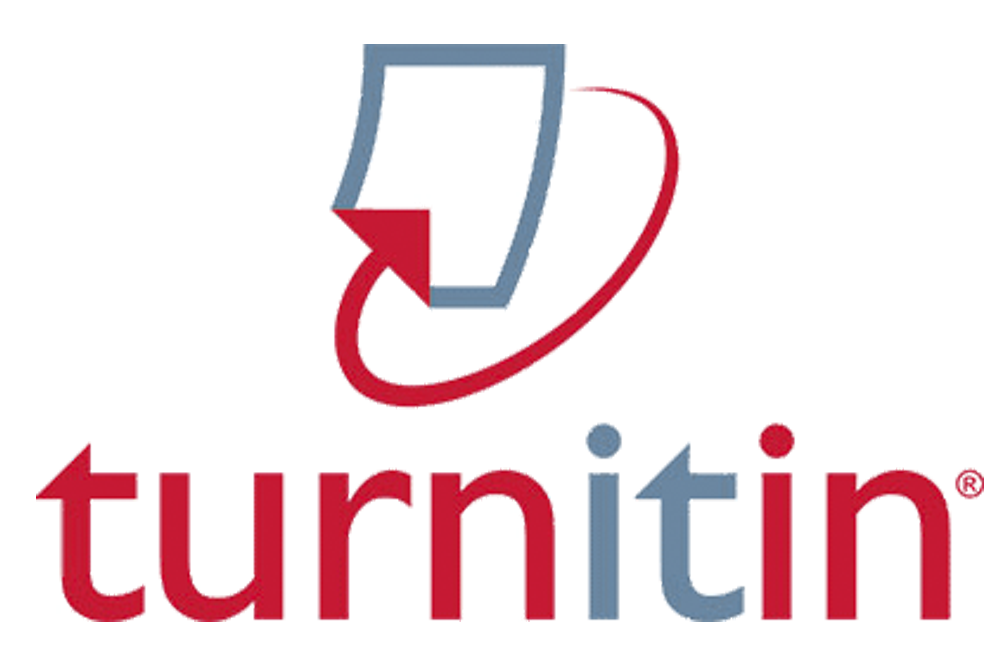A Measuring Jakarta Air Traffic Controllers’ Mental Workload : An In Depth Analysis Using Subjective Workload Assessment Technique
DOI:
https://doi.org/10.46509/ajtk.v7i1.451Abstract
Mental workload is a workload that is subjective and is owned by individuals in the work sector with a high-risk level of work. Air traffic control (ATC) personnel at the Jakarta Air Traffic Service Center (JATSC) are one of them. This problem needs to be highlighted because the level of air traffic density has been increasing compared to pandemic conditions. It now becomes a “new” habit that needs to be readjusted for JATSC Air Traffic Controllers (ATC) since 2021 (post-pandemic). Thus, this can create a separate mental workload for ATC personnel. The objective of the research to evaluate the mental workload of air traffic services during the post-covid-19 pandemic at JATSC using the Subjective Workload Assessment Technique (SWAT) method. The final result of the research is that ATC personnel are very concerned with the time load factor (Time) in carrying out air traffic service duties. A total of 16.67% of personnel emphasized the stress workload factor, and 8.33% emphasized the mental effort workload factor in carrying out their duties. The final score of the SWAT test was 46.2 in the afternoon shift and 48.6 in the procedural control task which indicated that the ATC personnel felt burdened with the afternoon shift and procedural control tasks.












